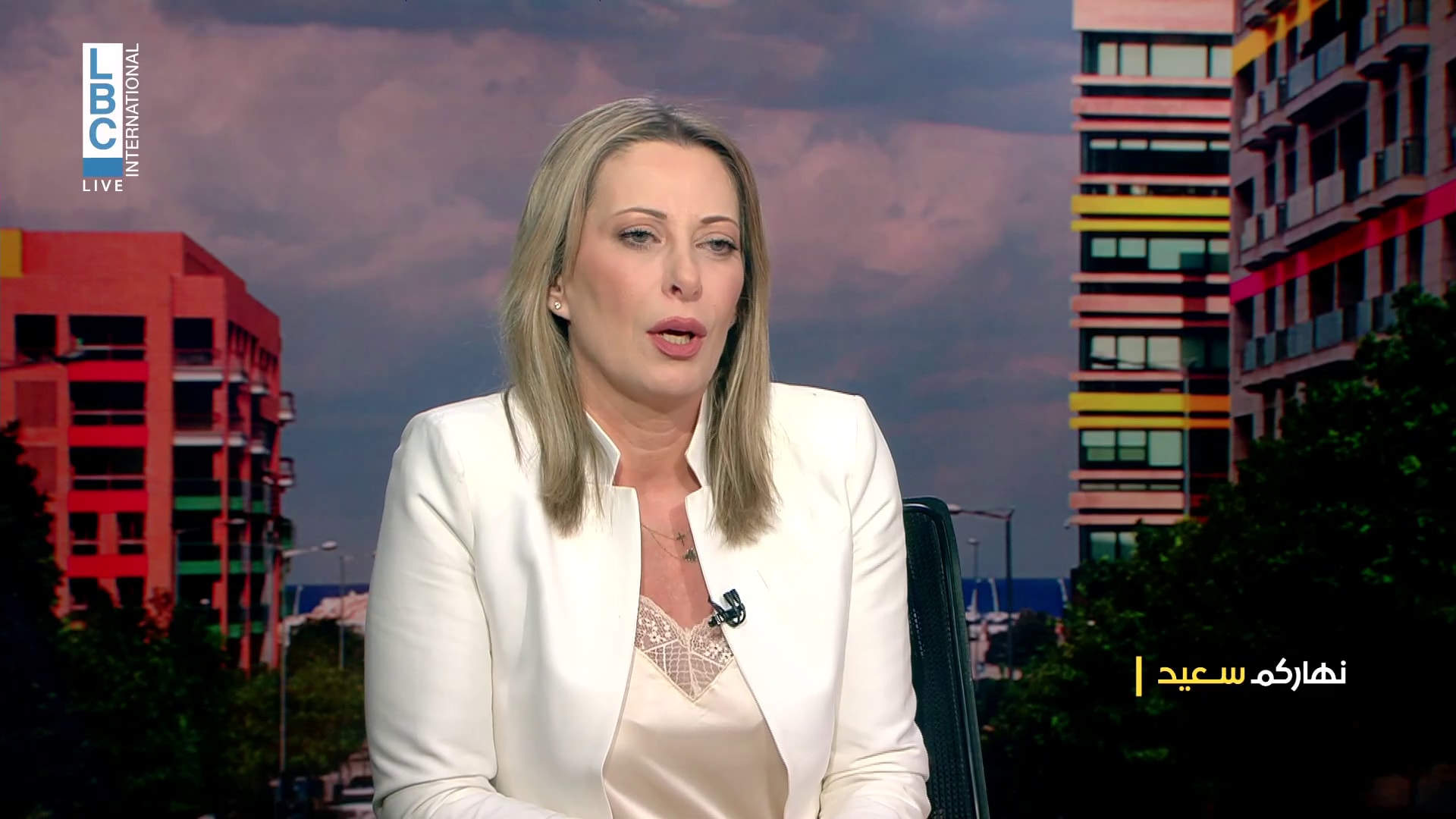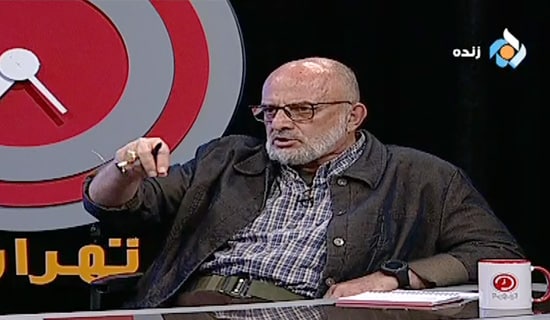
Hamad bin Jassim Al Thani, former Qatari prime minister and foreign minister, gave a wide-ranging interview to Qatar TV, in which he said that he could understand the anger against Al-Jazeera TV in some countries and that the network had been "a source of trouble for us." On the establishment of Qatari relations with Israel, he said: "In order to get close to America, it was important to have relations with Israel, because Israel could open many doors for you in America." Bin Jassim warned the Arab countries with relations with Israel not to neglect the Palestinian cause and criticized "the fierce competition over currying favor with Israel and getting closer to it." On Qatar's relations with Hamas, he said: "Qatar is a monarchy, with goals that differ from the goals of Hamas." The interview aired on October 25, 2017.
Hamad bin Jassim Al Thani: "To be honest, the anti-Jazeera position [of the Gulf States] could be due to Al-Jazeera's interference in some things. Al-Jazeera began writing and talking about some things that people in our region are not used to being discussed in such a candid way. To tell you the truth, I think that Al-Jazeera has made some mistakes. When a TV channel transforms from lack of freedom to freedom, there is chaos. There was chaos with some programs, some guests, and so on. We were always trying to figure out how to discuss this without interfering in the editorial process, because the emir made a commitment not to interfere in the editorial policy. But I could understand much of the anger that Al-Jazeera has caused in some countries."
[...]
Interviewer: "Was Al-Jazeera created in order to settle scores with..."
Hamad bin Jassim Al Thani: "No. As I've told you, the emir Hamad bin Khalifa Al Thani wanted the Arabs to have a clear voice about what was going on in the Arab world. Therefore, as you may have noticed, there were hardly any items about Qatar back then, because Al-Jazeera was talking about the entire Arab world. And then [some countries] recalled their ambassadors. There have been many problems. It has been a source of trouble to us, to be honest.
[...]
"[Countries] cannot impose their opinions by force, especially if they want to draw investors, to change the education system, to change the health system, to deal with employment... How can we create jobs for our peoples? How can we improve their lives?
[...]
"If we want people to trust us, we cannot talk about one country being big and another one being small, and [saying] that the small country must accept our position, or else we will treat it in an uncivilized manner, like in the old days, when one tribe would raid another, and they would make up the following day. Those days are over. There are states now, and we must act like states. We know – and I've said this twice – that Saudi Arabia is our big sister state. It is held in esteem, but it must also take care of the small countries in the region.
[...]
"Israel has crippled us all, and it is a country that... Some people talk about how small Qatar is, saying that we act four times our size. Fine, this is true. But if we act four times our size, Israel acts five times its size. The gross national income of Israel is higher than that of any Arab country, even larger than that of all the GCC countries put together, even though Israel doesn't have oil. But they have [great] minds. There are four million [sic] people living there, three million of whom have foreign passports and could emigrate. But they have a [common] goal that they are trying to reach, and now, we all fear them and seek their friendship. Nobody talks about the issue of Jerusalem anymore. We are now discussing how to normalize our relations with Israel."
[...]
Interviewer: "Let's talk about Qatari-Israeli relations. How did these relations begin, and why did they come to an end?"
Hamad bin Jassim Al Thani: "The relations were initiated in the days of peace, after the [1991] Madrid Conference. There was optimism about the making of peace, and to be honest, back then... Allow me to speak with candor, because I am not a diplomat or anything these days. In order to get close with America, it was important to have relations with Israel, because Israel could open many doors for you in America. So we formed and developed relations, and then they opened a trade office here. These relations witnessed agreements and disagreements, but relations existed, and they continued to exist after the trade office was shut down. The trade office was shut down after we reached an agreement to send humanitarian aid and doctors [to Gaza] through the Ashdod port, which is an Israeli port. It was agreed that we would send food and medical equipment to Gaza, which was under siege at the time.
"Livni, the foreign minister at the time, said that they had no objection to this. We wanted to deliver the aid directly to the port of Gaza, but they said the aid must land in Ashdod, and from there must be delivered in cars. We said: 'Fine.' Ashdod is very close to the Gaza border. One day before the ship was scheduled to arrive there, they said that it must not come, and that if it did, they would attack it. When we asked why, they said that they had received orders from the army. Later, we learnt that the orders had come from a certain Arab country [i.e., Egypt]. The [Egyptians] did not agree that while they were besieging Gaza from all directions, Qatar would deliver aid, and through an Israeli port no less. We said [to the Israelis]: But we had an agreement... Well, they said, this is a large, neighboring Arab country, and we don't want to have a problem with them over this. They said that they had shared interests [with Egypt]. We understood this.
[...]
"Israel has warm relations with some brothers, and I am not against this. I think that this is a positive thing. But I would just like to warn [these Arab countries] to make sure that these relations have sound foundations, and that they do not neglect the Palestinian rights and Jerusalem. They must not neglect the issues about which there is an Arab consensus. Apart from that, we support them. Any way to make peace... We support peace, and we support the tahdiya. We are in favor of people leading a normal life in this region. Take, for example, the issue of Shalit..."
[...]
Interviewer: "The Israeli soldier..."
Hamad bin Jassim Al Thani: "We were the ones who spent days and nights going over lists, meeting with the German mediator and with all the relevant parties, and one day before the swap, they said: 'We have to do this through another country, you know how it is...' We told them that we had no objection to this. If you want to give this to Egypt, we have no problem. All that matters is to resolve the problem and get the Palestinian prisoners out. The rebuilding of Gaza... Now [Egypt] is rebuilding Gaza and dealing with Hamas. But one of their 13 demands is that we must not deal with Hamas. Fine. We won't deal with Hamas. Let [the Egyptians] deal with this. I am sure our people have other problems to deal with instead of Hamas and so on. Our orientation differs from that of Hamas."
Interviewer: "This leads me to the question of the relations between Qatar and Hamas."
Hamad bin Jassim Al Thani: "Our orientation is different. Qatar is a monarchy, with goals that differ with the goals of Hamas, but we are talking about the people of Gaza, about two million people under siege. Our basic goal is to help them. If anyone can resolve the problem in his own way, we will support him. I'm sure our people will support this. There will be no disagreement. But the fierce competition over currying favor with Israel and getting closer to it, and the fierce competition over who will resolve this problem or that problem – I think that this is a waste of time for us, the people who live in the region. We need to focus on other issues. We need to focus on the economy, on society, jobs, education, and health care... Our people will ask us what happened to all the barrels of oil and billions of dollars."













